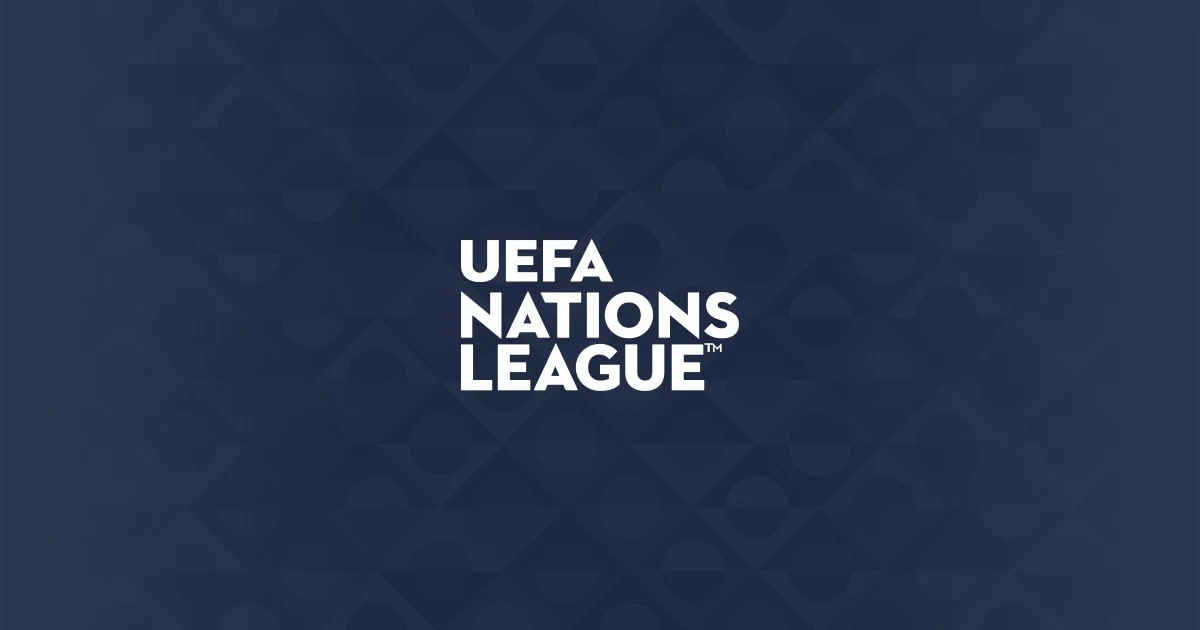Streaming UEFA Nations League 2022/23 HD Quality LIVE
The third season of the UEFA Nations League, an international association football competition featuring the men's national teams of UEFA's 55 member associations, will take place from June to September 2022, June 2023, and March 2024, respectively (relegation play-outs).
Following their victory in the 2021 finals, France is the reigning champion. To defend their championship, they must must earn a spot in the finals, something they can no longer do.
There were four leagues made up of the 55 UEFA national teams, with Leagues A, B, and C each having 16 teams split into four groups of four teams. Seven clubs make up League D, which is divided into two groups, one of which has four teams and the other of which has three. Based on the overall standing in the 2020–21 UEFA Nations League, the teams were divided up into leagues. In June (four matchdays) and September 2022, each side will play six games within their group, with the exception of one League D group that will play four (two matchdays).
Teams compete to win the UEFA Nations League title in League A, the premier division. League A's top four group winners go to the elimination Nations League Finals in June 2023, which feature the semifinals, third-place play-off, and championship match. A draw is used to choose the administrative home teams for the third-place play-off and final, as well as the semi-final pairings. The UEFA Executive Committee will choose the host nation from among the four qualified teams, and the Nations League champion will be determined by the outcome of the final.
Promotion and relegation to a higher or lower league are other factors that teams must contend with. The group winners in Leagues B, C, and D are promoted, whilst in Leagues A and B, the bottom-placed teams in each group are demoted. League D only has two groups, whereas League C has four, therefore play-outs in March 2024 will determine which two League C teams will be demoted. The top-ranked team will take on the fourth-ranked team, and the second-ranked team will take on the third-ranked team, based on the Nations League's overall rankings of the teams in fourth place.
The higher-ranked team will host the second leg of two ties, which will be split into two legs. The winner will stay in League C, while the loser will be dropped to League D if their club scores more goals overall over the two matches. Extra time is played if the final score is tied (the away goals rule is not applied). A penalty shootout is used to determine the winner if the score is tied after extra time.
Teams will get a second opportunity to qualify for UEFA Euro 2024 thanks to the link between the UEFA Nations League in 2022–2023 and UEFA Euro 2024 qualifying.
The 20 of the 23 countries that will compete in the final event, together with the hosts Germany, will be determined by the Euro 2024 qualifying group stage, which will run from March to November 2023. Following the conclusion of the UEFA Nations League, the 54 teams will be divided into ten groups, with the top two teams from each group advancing (six groups of five teams and four groups of six teams, with the four participants in the 2023 UEFA Nations League Finals guaranteed to be drawn into groups of five teams). The Nations League's overall standing will be used to determine the draw's seeding.
The UEFA Euro 2024 qualifying play-offs will follow the qualifying group stage and take place in March 2024. The outcomes of the qualifying group stage will not be used to determine who will compete in the play-offs. Instead, twelve teams will be chosen based on how they did in the Nations League in 2022–2023. Three pathways made up of four teams each will be created from these teams, and one team from each path will advance to the final event. Unless they have already qualified for the final tournament via the qualifying group stage, the group winners of Nations Leagues A, B, and C will automatically qualify for the play-off path of their league.
The next-best-ranked team in the same league will take the place of the group winner if they have already qualified through the qualifying group stage. The best-ranked League D group winner will take the position first, unless that team has already qualified for the championship round, if there aren't enough unqualified teams in the same league. The next-best team in the overall Nations League rankings receives the remaining slots. Leagues B and C group winners, however, are unable to play opposition from a higher division.
Each of the three play-off paths will include a single-leg final and two single-leg semi-finals. The top-seeded team will host the fourth-seeded team in the semifinals, and the second-seeded team will host the third-seeded team. The semi-final pairs' winners will be randomly selected to serve as the final's host. The twenty teams who already qualified for the championship competition in the group stage will be joined by the three play-off path winners.

